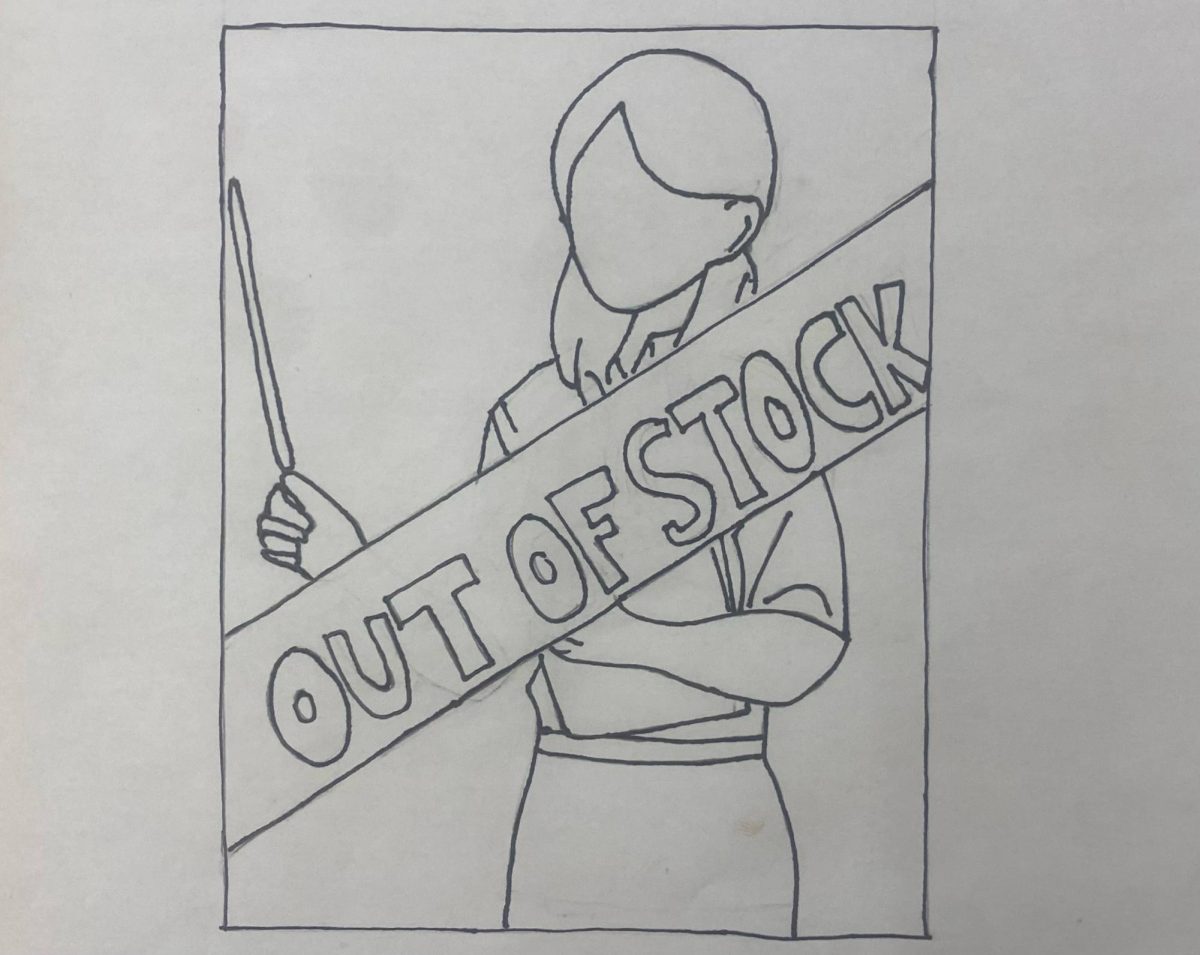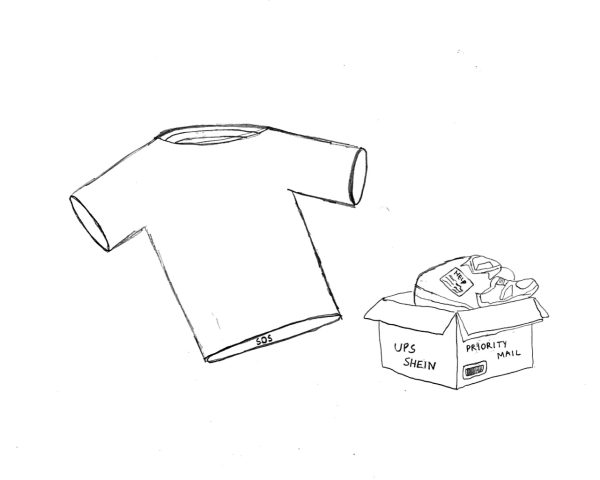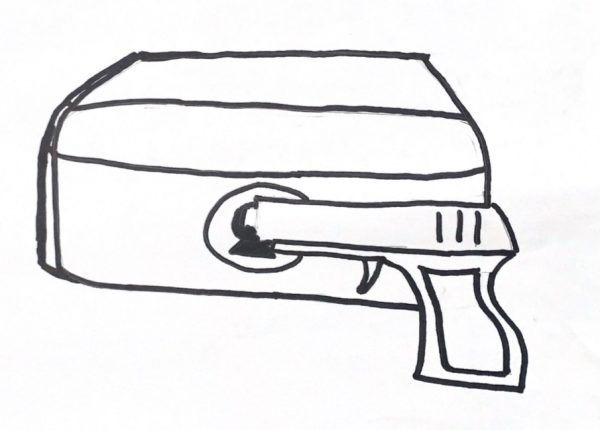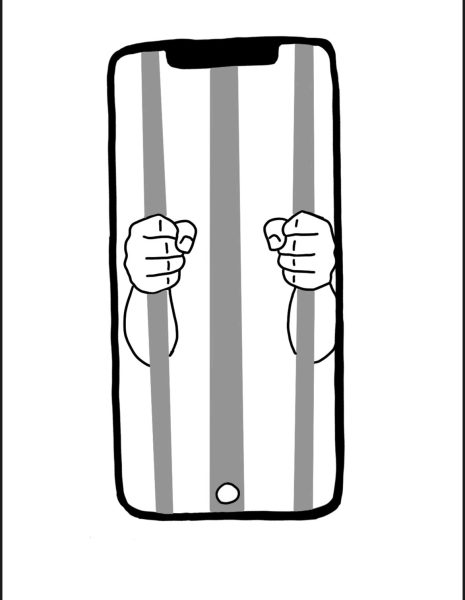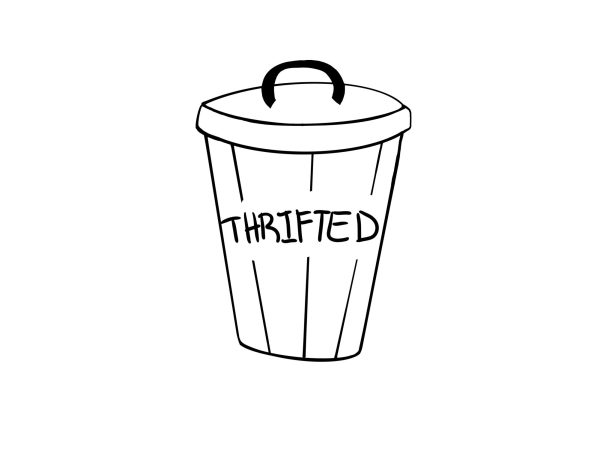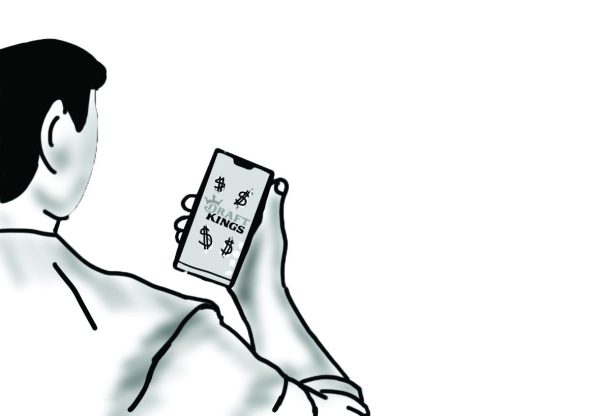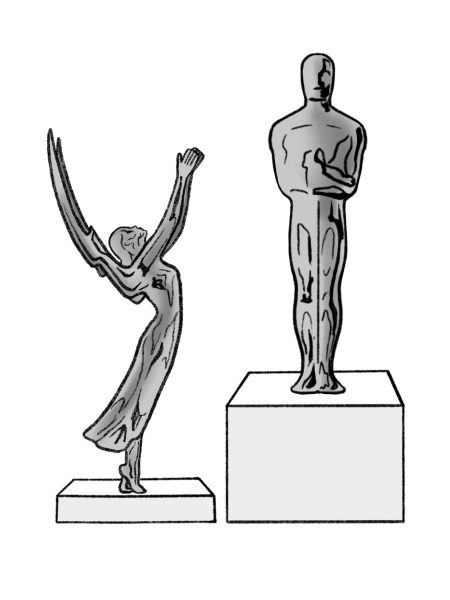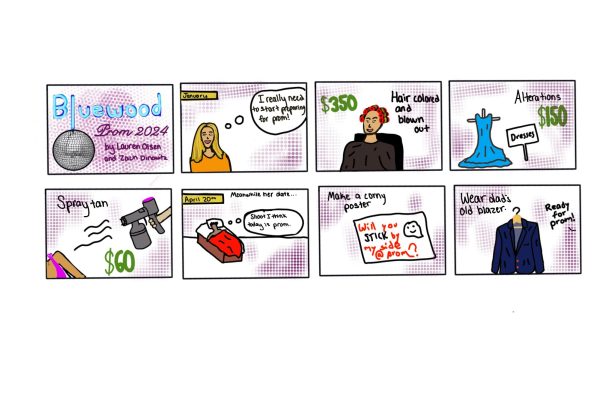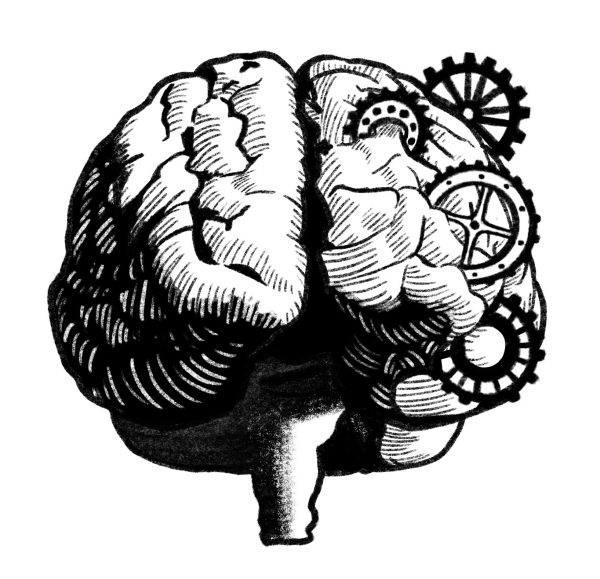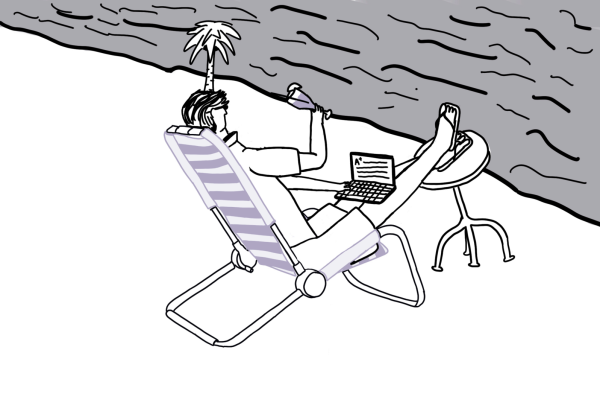Modern American politics, a violent tug of war between extremist parties
April 20, 2020
 The American political landscape is ever-changing as new political candidates bring new ideas to each election cycle. With a candidate like Bernie Sanders and President Donald Trump, voters are beginning to see two extremes in American politics. In recent years, candidates that use heightened, fiery rhetoric, have garnered extraordinary support in both major parties. These new candidates also use policies such as The Green New Deal, free college and healthcare for all to bolster their poll positions among typically inactive, or indecisive voting groups.
The American political landscape is ever-changing as new political candidates bring new ideas to each election cycle. With a candidate like Bernie Sanders and President Donald Trump, voters are beginning to see two extremes in American politics. In recent years, candidates that use heightened, fiery rhetoric, have garnered extraordinary support in both major parties. These new candidates also use policies such as The Green New Deal, free college and healthcare for all to bolster their poll positions among typically inactive, or indecisive voting groups.
This political “progress” has its faults, as evidenced by Pew Research in 2017 after Trump was elected. The study showed that the ideological gap between Republican and Democratic-leaning Independents was at a recent peak of 36%, suggesting the recently progressive, polarized politics are deeply dividing the American public. American politicians need to bring Americans together, not polarize and thus paralyze the government.
In fact, Americans are tired of the divide that has primarily stemmed from the 2016 elections, according to The New York Times poll analyst Giovanni Russonello. The political extremism represented through the wide gap in the previous statistics shows in the current Democratic primaries where Democratic candidates, with a few exceptions, largely stressed their moderate ideologies such as candidates Amy Klobuchar and Pete Buttigieg. This is shown by the polling database, Voter, where 22% of people decided that if a third party were to be made they would rather it be in the center of the political spectrum. This poll shows that Americans are tired of the far-right and far-left, either wanting out of the Democratic and Republican parties or wanting to create a moderate party.
However, the creation of a third major party would only open the floodgates to an unnecessary multi-party system. A multi-party state would lead to even more divided lines in the legislature and develop corruption, as seen in some of the most notable of multi-party countries Israel and Italy. The extreme and excessive political division that occurs in the case of a multi-party system and with extreme ideologies doesn’t allow compromise within a legislative body or agreement within the constituency. This is seen as a surge of partisan legislators who have come to the political forefront with bills like The Green New Deal that don’t allow for compromise because of how far left or right they may be. As evidenced by the lack of civility in the 2016 election process and the amount of gridlock in the U.S. legislature.
Because of the potentially even more divisive effects a third party would have on American government, America needs politicians who will go out and attack problems in a bipartisan manner. The most recent example of this being the cohesion between Governor Gavin Newsom and the White House’s COVID-19 response. The First Step Act, a bipartisan prison reform bill passed in 2018, also represents the kind of political action that is needed in the U.S., action where both major parties work to create meaningful change without dividing the American people. The American people want to vote for candidates that will serve their needs and not a specific niche. Extreme candidates will continue the largest partisan Presidential approval divide in the past six decades where only eight percent of Democrats approved of Trump and 88% of Republicans did.
Republican and Democratic values are still the most logical for the American people as Independents almost uniformly agree on issues that are backed by the party they lean towards according to Pew Research. In that same study, it was found that only 7% of Americans don’t have a partisan leaning. The Republican and Democrat-specific ideologies are fit for the American people, but Americans want their parties to represent more centrist ideas.
The solution to the extremism that is coming from socialist ideals and poignant ‘nationalists’ in the U.S. political mix is to return to the moderate politics that had a revival in the Democratic Primaries. The U.S. needs presidential candidates who will compromise in a dual party system. America must return to a point where the politicians value American unity over the pride of their own new and divisive policies. This will cause the class and successful resolve of the United States government to return. As students, and the next political generation, it is important to keep in our minds the idea that not only is political extremism unsuccessful, but also unnecessarily divisive.



